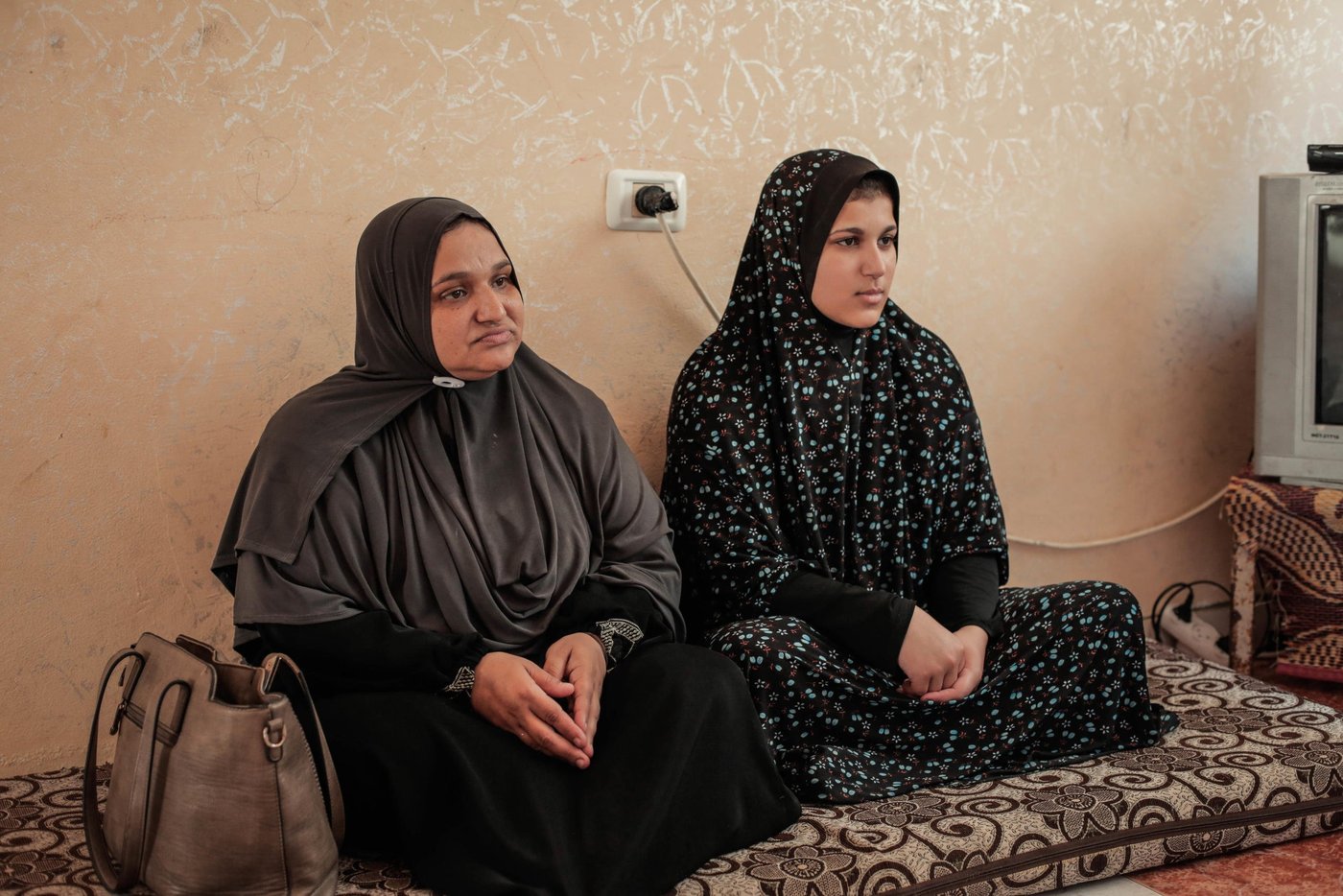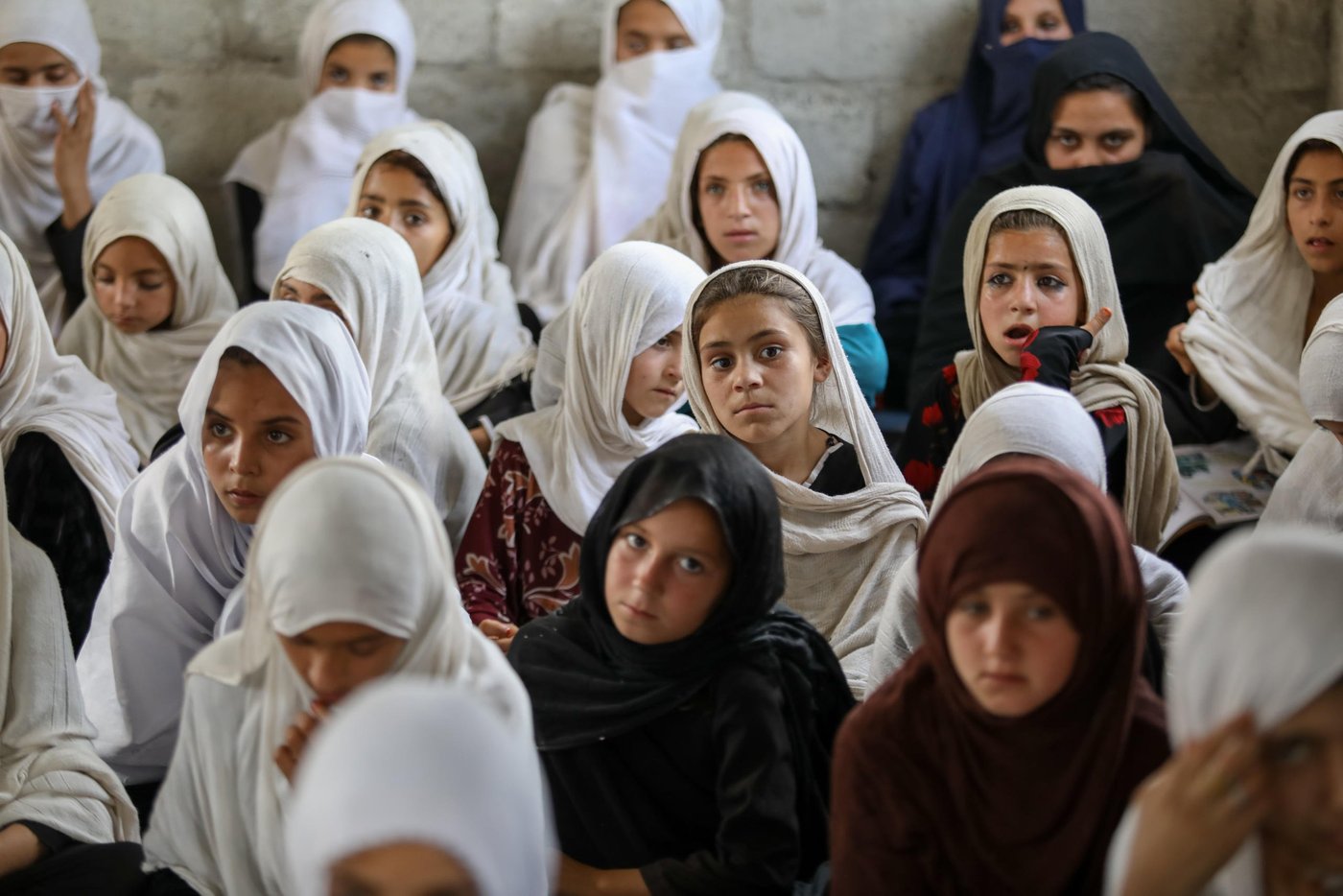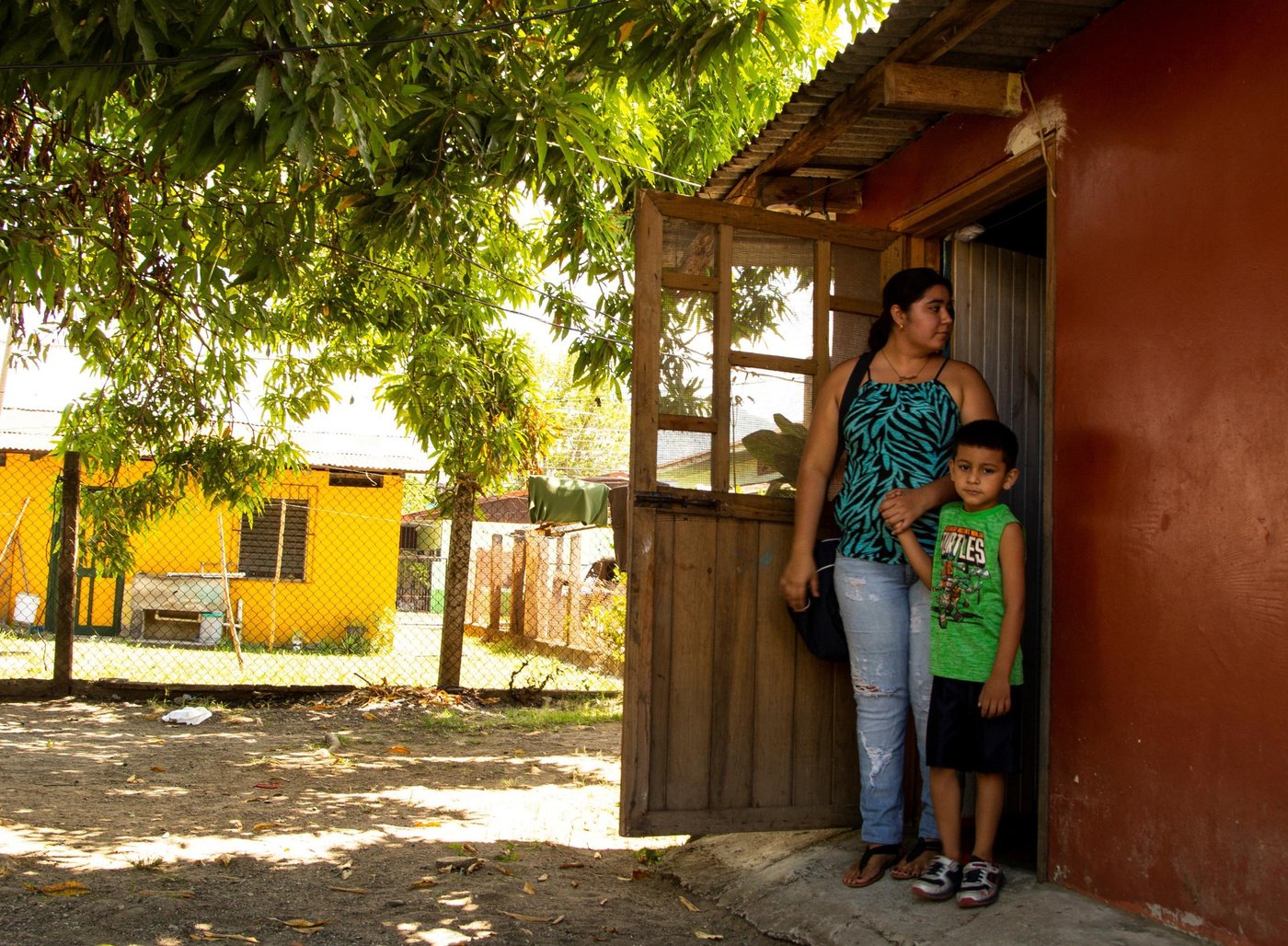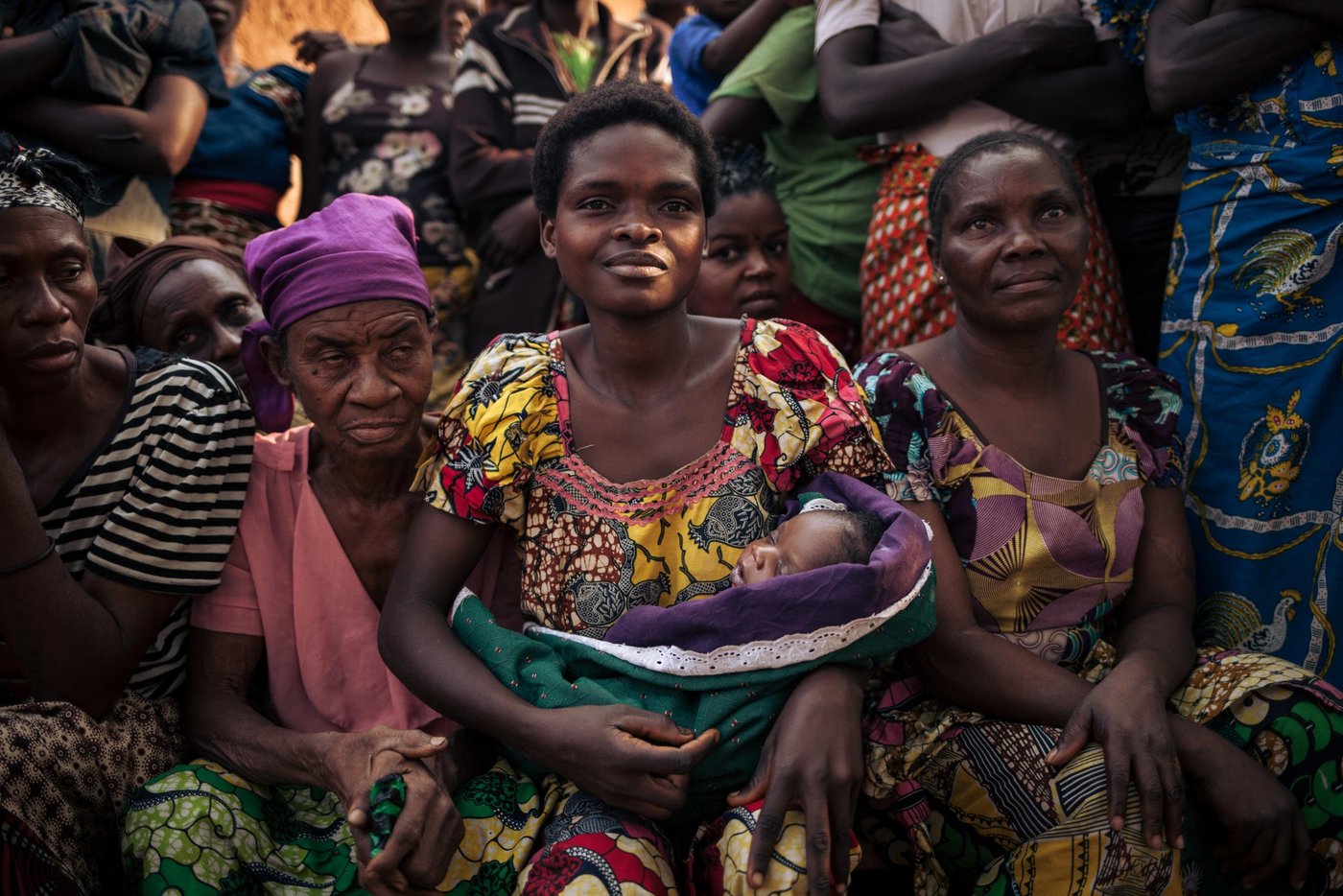What you should know about the threats facing women who have been forced to flee:
#1: Women are affected the most
This year’s UN report on sexual violence in war and conflict, deals with 19 countries. The report shows a clear trend throughout 2018: sexual violence is part of a broader conflict strategy that has a major impact on women and girls. Sexual violence is used to displace people from their communities, banish so-called “undesirable groups” and seize disputed land and other resources. Sexual violence is also used as a means of oppression, terror and control.
#2: Fear of stigma
Rape and sexual abuse are taboo for most people and are associated with great shame. Women often keep their experiences to themselves. Men who are the victims of rape also experience great stigma, which makes it even more difficult to know the total number of victims. But research conducted in the former Yugoslavia suggests that the number can be high.
Following the wars in Yugoslavia in the early 1990s, there was an anonymous study of 6,000 inmates in the concentration camps around Sarajevo. Eighty per cent of male inmates reported being raped or sexually abused (Christian Michelsen Institute, 2018).
Read also: Rape as a weapon of war

#3: Worrying trend
UN surveys show that sexual violence committed against very young girls and boys is on the rise. This is happening in countries such as Afghanistan, Burundi, the Central African Republic, the Democratic Republic of the Congo, Myanmar, Somalia, South Sudan, Sri Lanka, Sudan (Darfur) and Yemen. The goal may be to terrorise local communities.
#4: Refugees are highly vulnerable
There are 70.8 million displaced people in the world today. Many have fled as a result of conflict-related atrocities – including sexual violence. Women can be vulnerable to rape as they navigate through checkpoints or across borders without having ID papers or legal residence.
#5: Still not safe
Sexual assault can occur even in places where people have sought protection. They can be victims of sexual assault in camps for refugees or internally displaced people. For example, women can be at great risk of rape when they venture outside their camp to find firewood.
Displaced people can become the victims of human trafficking, rape and forced prostitution. To reduce the risk of exploitation, or to gain access to highly needed resources, desperate parents sometimes marry off their underage daughters to strangers. Another problem is gender-based violence, such as intimate partner violence.

#6: Humiliation and the enemy’s children
Sexual violence is used as a war tactic and as a form of terrorism. The goal is often control and humiliation. Or it can be used to make women pregnant in order to change the ethnic composition of the population.
#7: Abandoned by everyone
Women who have been forced to flee can be abandoned by their husbands. In addition, they have often lost the network they had at home, such as their family, friends and neighbours. This makes them more vulnerable to abuse.
#8: Alone with responsibility for the family
Many women are forced to be the sole provider for their children. Some resort to prostitution in order to feed them.

#9: Offenders escape punishment
The use of sexual violence in war is an under-reported problem and is rarely prosecuted. But international law states that rape can constitute a war crime, a crime against humanity and a component of genocide.
The International Criminal Court (ICC) has indicted state leaders and convicted a number of senior military leaders for ordering sexual violence.
#10: The world community
Sexual violence in war and conflict has been used and tacitly accepted in both historical and modern times.
In the year 2000, the UN adopted resolution 1325 on women, peace and security. It is important because it states that sexual violence in war is a part of warfare and not just something that happens randomly. This is precisely why the resolution argues that women should be allowed to participate in conflict prevention, peace processes and conflict prevention operations. Women’s situations and assessments have now become part of UN reports.
When last year’s Nobel Peace Prize was awarded to Congolese doctor Denis Mukwege and Nadia Murad from the Yezidi minority group in Iraq, it helped to shed light on rape in war and conflict – a problem that is largely hidden.
Read also: 5 things you should know about the Yezidis

How NRC helps:
* Protection forms the basis of all our humanitarian aid work. In 2018, our 14,000 humanitarian aid workers helped over 8.5 million people.
* Conflicts, wars and crises can have different impacts on women, men, girls and boys. Some people may be denied rights just because of their gender, others may be subject to abuse and sexual violence. NRC has committed to consider gender issues in all our humanitarian aid work.
* Whether it’s standing up for women’s right to own land, building girls’ toilets at schools or protecting boys from being recruited as child soldiers, NRC takes into account people’s needs with regard to gender and age.
* NRC’s global provider of expertise, NORCAP, employs highly qualified experts, including in the areas of protection, gender and gender equality.
* People who have been forced to flee their homes are in an extremely difficult life situation. NRC works to ensure that people can maintain their dignity and self-confidence.


